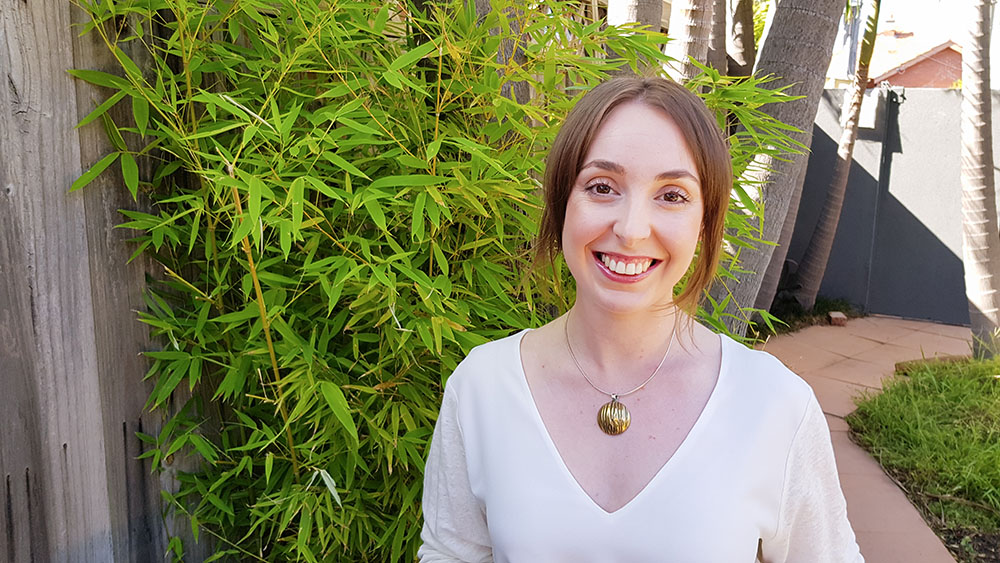Spotlight on a Student: Paris Hadfield
Bending the rules: Socio-spatial possibilities and constraints in financing urban renewable energy transitions

Paris Hadfield is a PhD Candidate in urban planning and geography at the University of Melbourne. She is working under guidance of Professor Lars Coenen and Professor Chris Ryan, and will be finishing her PhD in 2021.
Paris is currently working at the University of Melbourne's Faculty of Architecture, Building and Planning as a Research Fellow in Urban Innovation at the Connected Cites Lab.
What is your research about?
My research stems, in part, from a pragmatic question: how will low carbon transitions be financed in cities? Energy systems are capital intensive and, while city governments are setting ambitious goals and networking at a global scale, they often face budget and legislative constraints which are exacerbated by the current pandemic.
I was interested in how cities were leveraging finance in new ways to scale up renewable energy generation and use, and I selected four case studies to explore: urban experiments in procurement, lending, and ownership by local government and civil society in Melbourne, Australia, Bristol, England, and Helsingborg, Sweden.
There is an emphasis in research and policy on the need to attract private finance for renewable energy investment with “investable” projects. However, private finance in capitalist economies can promote uneven development across space and social exclusion according to measures of risk and return and facilitate local value extraction for the benefit of distant investors. These conditions raise questions around the prospects for socially equitable transitions to sustainable cities.
My research demonstrates that local government and civil society can play direct and indirect roles in financing renewable energy development at scale and, in doing so, negotiate orthodox financial standards and expectations around value. Outcomes include taking a commercial approach to financing a portfolio of local renewable energy facilities as a pathway to community ownership (Bristol), and crowdfunding local solar PV installations – despite energy market price disincentives – while promoting energy citizenship as a commercial (though not revenue-generating) service (Helsingborg).
The case studies also highlight the role of the local state in taking risks through bold investment to address intersecting social and ecological challenges. Local governments are collaborating to underwrite new large-scale renewable energy facilities and procure renewable electricity supply, and are providing interest-free loans to pensioner homeowners for rooftop solar installations that minimise financial burdens and promote wellbeing – both now well-known Melbourne initiatives being replicated across the state.
Who are your supervisors?
My project is supervised by Professor Lars Coenen (primary) who is now working at The Mohn Center for Innovation and Regional Development, Western Norway University of Applied Sciences, and Professor Chris Ryan.
What do you want to do next?
While 2020 has been a big and at times disruptive year, I have been lucky to undertake further research in the Connected Cities Lab in partnership with the Global Covenant of Mayors for Climate and Energy, synthesising research and innovation needs and priorities for cities at a regional scale, globally. Once I submit my thesis in the new year, I hope to continue investigating how climate finance is being localised in cities, and how alternative financing that addresses social needs might emerge through policy agendas like the Green New Deal and a “green recovery” from COVID-19.
Have you received any awards?
I received a Postgraduate Presentation Award at the Institute of Australian Geographers Conference, Hobart, in 2019 and commendation for an Industry pitch at the CRC for Low Carbon Living Annual Forum, Adelaide, the previous year.
Further information
Paris is happy to answer any questions about her research. You can contact her via email with any queries that you may have.